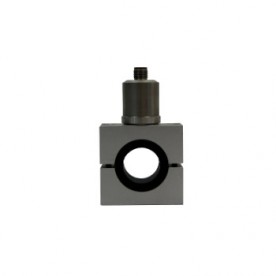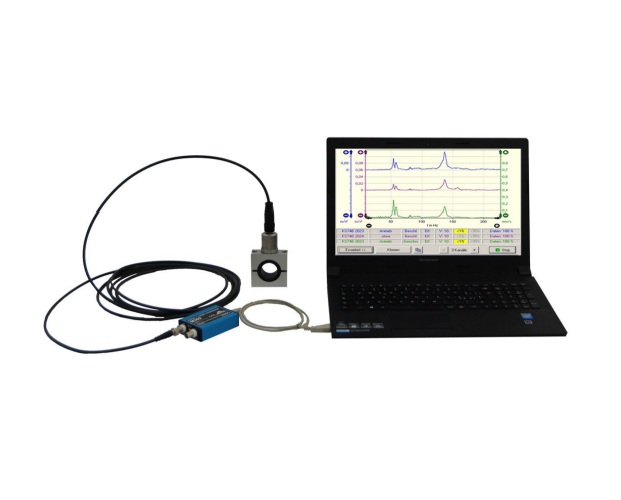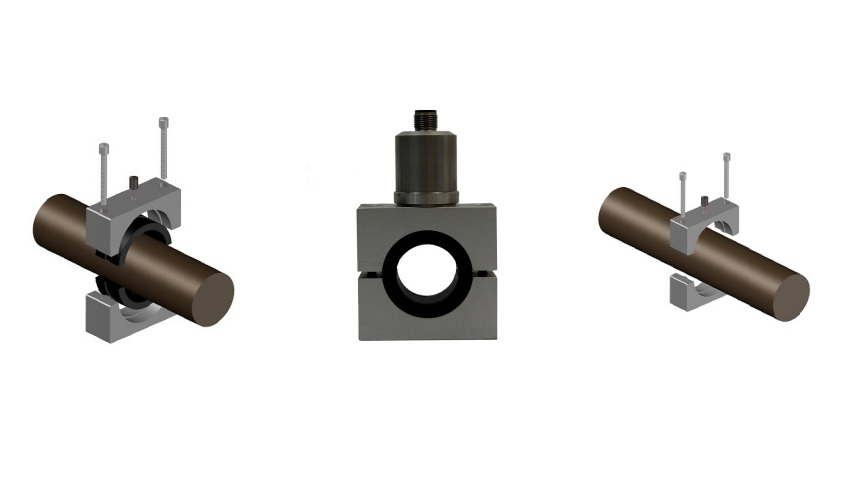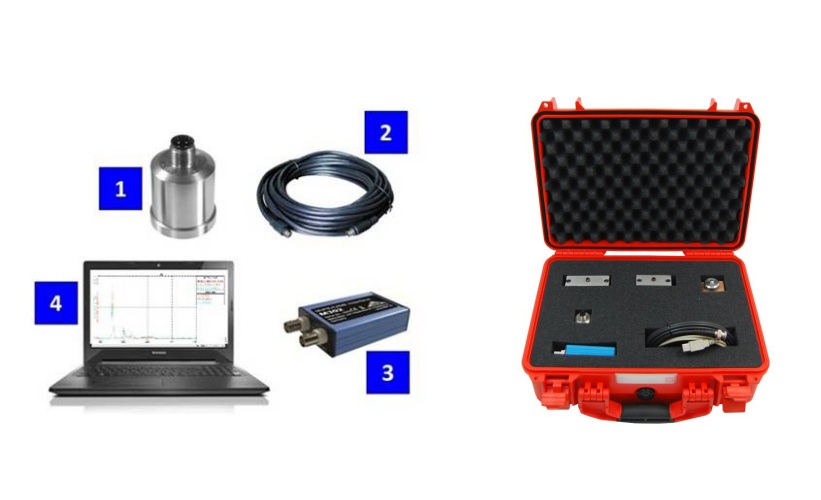- Home
- About Us
- Products
- Rohmann Eddy Current
- Secu-Chek UV-LED Lamps
- Sonatest
- MR Chemie
- NOVO DR
- Hoffmann Tam Panels
- Desoutter Industrial Tools
- Novotest
- Integrated Design Tools (IDT Vision)
- Dakota NDT
- DeFelsko Corporation
- AVIONICS
- Sonotec Ultrasonic Solutions
- Sonotec Ultrasonic Hand-Tools
- G.A.L. Gage Company
- Western Instruments Inc.
- Esders Gas Technology
- Yoancomposite
- Hinode Electric
- Services
- News
- Contact Us
 (65) 6878 0608  (65) 6878 0609 |

Overview
The chain is fundamental in the restoration and maintenance of historic buildings, where evaluating its functionality and resistance through non-destructive testing is essential to ensure structural safety and reliability.
Non-destructive testing on the chain allows us to identify and evaluate the axial and tensile loads, which are essential for understanding its condition and preventing potential deterioration caused by corrosive phenomena or structural movements.
KS48C Chain Vibration Testing System
Non-destructive testing solution for structural monitoring using vibration analysis.
-
Designed for restoration and maintenance of civil structures, especially historical buildings.
-
Uses a metal chain as the element under investigation to detect axial and tensile load.
-
Completely non-invasive technique: an accelerometer measures vibration modes when the chain is struck with a hammer.
-
The system identifies the natural vibration frequencies, which reveal the chain’s tension.
Operation
-
Attach the KS48C seismic accelerometer to the chain.
-
Connect to the 302 USB signal acquisition unit, which interfaces with a PC.
-
Strike the chain with a hammer to generate oscillations.
-
The FFT+ analysis software processes vibration signals to extract principal frequencies.
FFT+ Software Features
-
Simultaneous visualization of up to 4 spectra per window.
-
High-resolution frequency analysis.
-
Five window functions available.
-
Two measurement cursors with magnitude and frequency tracking.
-
Peak & RMS analysis.
-
Measures vibration, velocity, and displacement.
-
Power spectral density calculation.
-
Limit curve monitoring with external alarms.
-
Offline analysis of previously saved measurement data.
Technical Specifications
KS48C Accelerometer
| Parameter | Value |
|---|---|
| Output | IEPE |
| Piezo Design | Shear |
| Voltage Sensitivity | 10,000 ± 5% mV/g |
| Range | ±6 g |
| Destruction Limit | 1000 g |
| Linear Frequency Range | 0.1 – 4000 Hz (–3 dB) 0.2 – 2600 Hz (–5%) |
| Resonant Frequency | >7 kHz (+25 dB) |
| Operating Temperature Range | –20 °C to +120 °C |
| Weight (without cable) | 165 g |
| Case Material | Stainless steel |
| Cable Connection | Axial |
| Socket | Binder 713 |
| Mounting Thread | M8 |
302 USB Acquisition Unit
| Parameter | Value |
|---|---|
| Input | 2 IEPE/AC, Digital Trigger 0…15 V |
| Output | USB 1.1 |
| Frequency Range | 0.3 – 2000 Hz (–3 dB) |
| Accuracy | <2% |
| Input Range | ±10,000 mV, ±1000 mV, ±100 mV, ±10 mV |
| A/D Converter | 16-bit, 10 kHz, 2 channels |
| Noise (RMS) | 20 µV (0.3 – 2000 Hz) |
| Power Supply | 5–26 VDC / 100 mA |
| Operating Temperature | –20 °C to +55 °C, 95% relative humidity |
Supports
-
Adjustable supports available for correct accelerometer positioning.
-
Configurations for different chain diameters (D30, D60).
-
Includes mechanical stops and magnetic bases for easier installation.
Kit Contents (Art. Code 01.DRC.0190)
-
KS48C seismic accelerometer
-
302 USB signal acquisition unit
-
Connection cable
-
FFT+ software (license)
-
Magnetic base for accelerometer
-
Chain adapters (D30 & D60)
-
IP67 transport case
-
(PC not included)
Warranty & Service
-
24 months warranty
-
Assistance provided by DRC or authorized service centers






